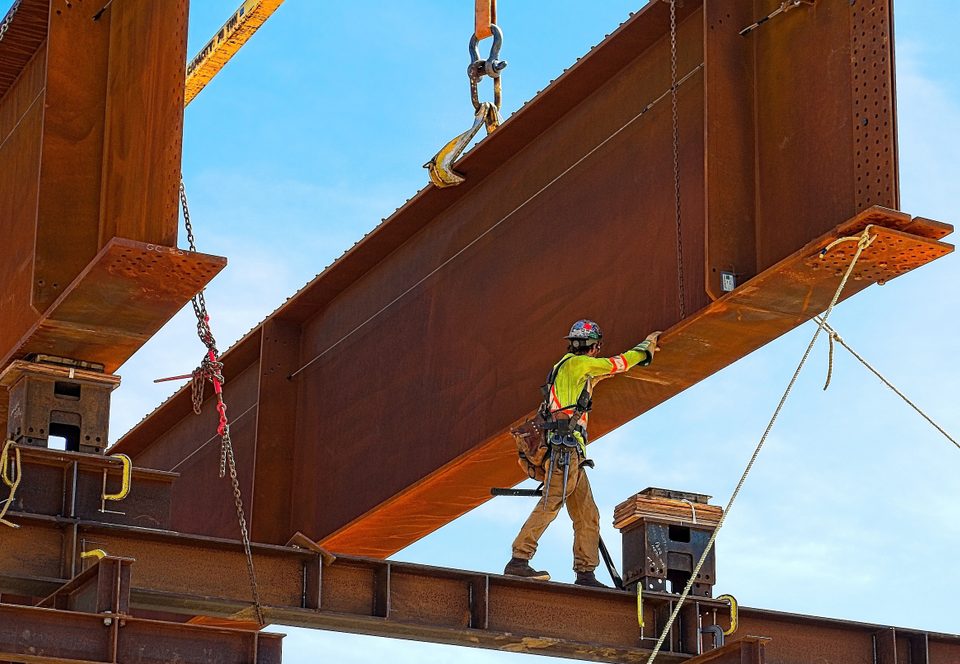Steel Vs. Aluminum for Construction: Basic Comparison

Superfinishing Vs. Tumble Finishing: Tumble Themes
December 11, 2020
Steel Vs. Aluminum for Construction: Cost and Major Uses
December 25, 2020Construction is perhaps the single largest industry when it comes to the use of steel and other metals, and we naturally focus plenty of our time on it. There are many situations where construction contractors will have to choose between metal types for a given application, and two that are often compared within this industry are steel and aluminum.
At Wasatch Steel, we’re happy to offer a wide range of custom steel products commonly used in construction, from steel pipe to steel sheet and many others in between. Structural steel is one of the top metals for many construction areas – how does it compare to aluminum, and which is generally used for certain kinds of applications? This two-part blog series will go over everything you need to know, starting with some comparisons in vital component areas.
Weight
Steel is both denser and heavier than aluminum, and this tends to make it a more ideal construction product in most cases. While aluminum pieces and alloys tend to be susceptible to dents and scratches in certain situations, steel is much stronger and far less likely to deform, warp or bend.
Now, there are definitely certain applications where the lightness of aluminum makes it advantageous. But steel is roughly 2.5 times denser, and applications where long-term structural integrity are concerned tend to gravitate toward steel in most situations.
Strength and Malleability
Aluminum, on the other hand, is highly malleable and elastic, more so than steel. This means it can sometimes be fit into areas or shapes that steel cannot, allowing for detailed spinning options that tend to be ideal for parts with deep and straight walls.
Steel is the tougher and more resilient metal, however. Which you choose in this realm ultimately depends on which is more important: Toughness and ability to hold up to spinning processes, or malleability and ability to fit into unique shapes.
Corrosion Resistance
Both these elements have fantastic corrosion resistance properties as long as they’re properly manufactured. Stainless steel is highly resistant to all forms of corrosion, and even carbon steel can be painted or treated relatively easily after spinning to protect it from forms of rust and other corrosion. Aluminum, meanwhile, naturally resists rust without any kind of finishing or treatment after spinning, meaning for construction pros who are prioritizing this resistance and have limited funds, aluminum might be the right choice. However, for applications where the metal is working in a moist, damp or abrasive environment, stainless steel is usually the way to go.
For more on steel versus aluminum when it comes to the construction industry, or to learn about any of our steel products or services, speak to the staff at Wasatch Steel today.



